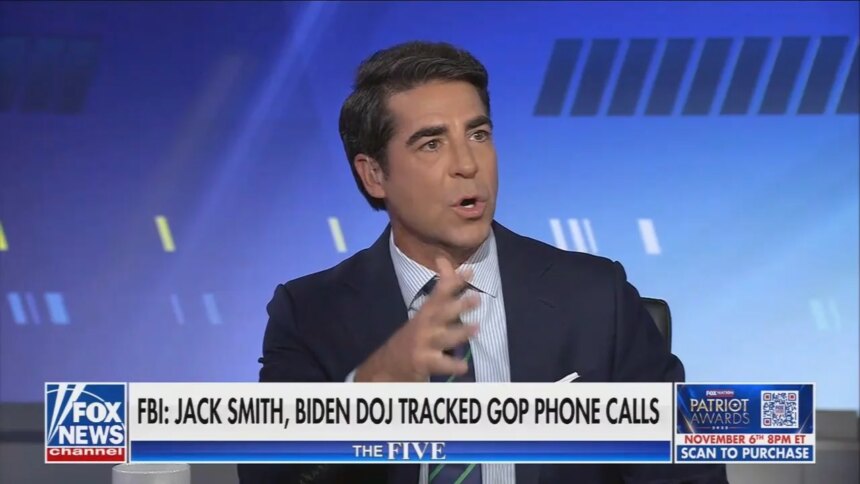In a recent discussion, a co-host raised significant concerns regarding the government’s reaction to the January 6 events, suggesting it was more damaging than the initial incident itself. They claimed that a whistleblower revealed information previously concealed by FBI director Christopher Wray, implying that critical details about related investigations have been locked away from public scrutiny.
The co-host queried the implications of accessing certain officials’ phones, noting that such actions could reveal not only the locations of senators but also their communication patterns. They highlighted the potential for an extensive overreach into privacy, suggesting that this could lead to the establishment of broad conspiracy narratives against the Republican Party.
This viewpoint became more pointed as they criticized the use of a particular prosecutor—known for handling war crimes at The Hague—in a context that they perceived as inappropriate. The co-host called for greater accountability, advocating for the appointment of a special counsel or the establishment of a Senate select committee to conduct hearings. They underscored the necessity of bringing key figures like Wray, Attorney General Merrick Garland, and special prosecutor Jack Smith before the committee, advocating for strict penalties, including imprisonment, for any dishonesty during their testimonies.
The conversation reflects growing tensions and divisions surrounding the investigations and political actions stemming from January 6, raising questions about oversight, accountability, and the balance of power within the government.







